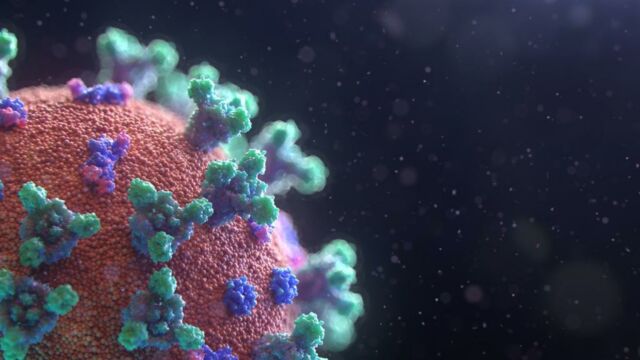The best way to protect yourself from a life-threatening form of COVID is by getting vaccinated. In the UK vaccines are readily available for everyone over the age of 12 and booster jabs are also up for grabs for the over-50s and all those with health conditions.
Discover our latest podcast
Although a large majority of British adults are now fully vaccinated, the pandemic is far from over. According to Our World Data, only 31% of the population has been vaccinated worldwide, leaving plenty of space for the virus to mutate further and possibly evade the vaccine.
To tackle emerging variants which could potentially nullify vaccines, US pharmaceutical company, Gritstone, has created a new booster jab that could neutralise all existing and new strains of COVID-19. They’ve launched phase one of their trial in collaboration with The University of Manchester and Manchester University NHS Foundation Trust in Manchester.
Phase one
According to a press release published by the University of Manchester, the vaccine has been designed to boost the immune response of all first-generation COVID-vaccines so that it can tackle ‘a wide array of variants.’ Andrew Allen, M.D Co-Founder, President and Chief Executive Officer of Gritstone said:
Since viral surface proteins like the spike protein are evolving and sometimes partially evading vaccine-induced immunity, we designed GRT-R910 to have broad therapeutic potential against a wide array of SARS-CoV-2 variants by also delivering highly conserved viral proteins that may be less prone to genetic variation in the virus.
First participants to be inoculated
On Monday (20 September), the first two participants of the trial were inoculated with Gritstone’s GRT-R910 vaccine. The retired couple, Andrew and Helen Clark, both above 60, had already received both doses and took this shot as their booster. Andrew Clarke said:
Somebody has to be the first and we’re confident in the science and technology behind this vaccine and convinced of the need for it.
Because we’re both retired, we feel we had a reasonably easy lockdown, but we know it wasn’t the same for everybody.
We feel that this is perhaps a small part we can play in helping to make things change.
The team is now hoping to recruit 20 more volunteers over the age of 60 to be part of their trial. Results are expected to be released early next year.















